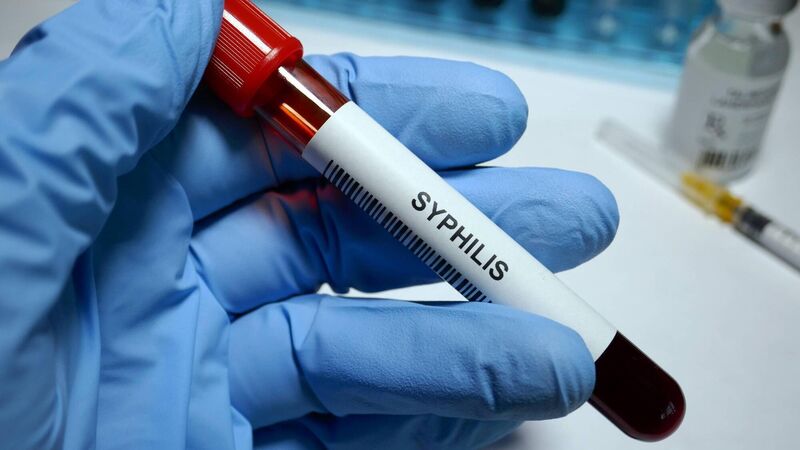STI outbreaks as more than 2,400 cases reported in last five weeks

541 cases of syphilis have been identified so far this year. Picture: iStock
The rate of new sexually transmitted infections (STIs) has jumped in the last five weeks, with more than 2,400 cases recorded by the Health Protection Surveillance Centre (HPSC).
The latest HPSC publication shows 14,515 STIs have been recorded in the first 31 weeks of 2023.










